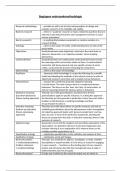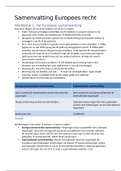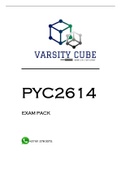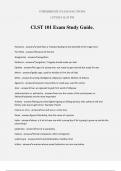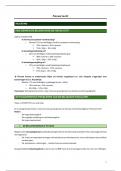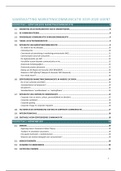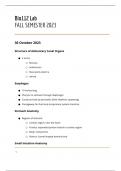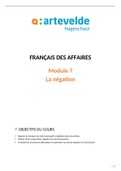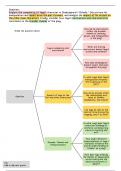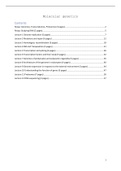Resume
Summary Begrippen onderzoeksmethodologie
- Cours
- Établissement
Dit document is een samenvatting van alle begrippen die voorkomen in het vak 'Onderzoeksmethodologie' gegeven door prof Bart Cambré. Op het examen worden deze begrippen zeer vaak gevraagd. Je kan deze samenvatting ook gebruiken voor het vak 'Inleiding tot de onderzoeksmethodologie (3 studiepunten'...
[Montrer plus]
